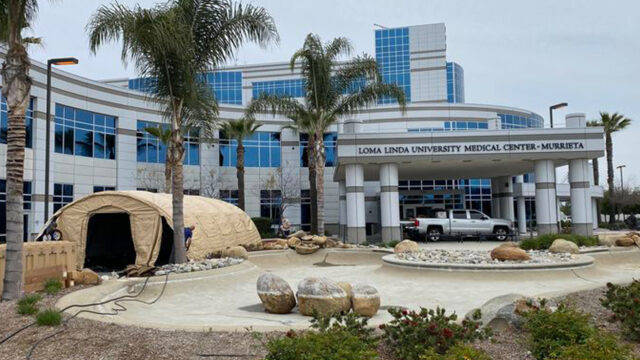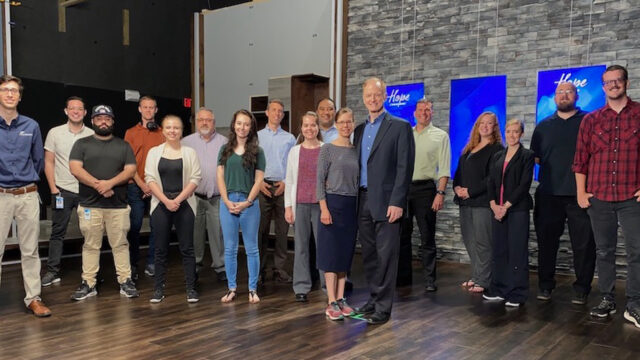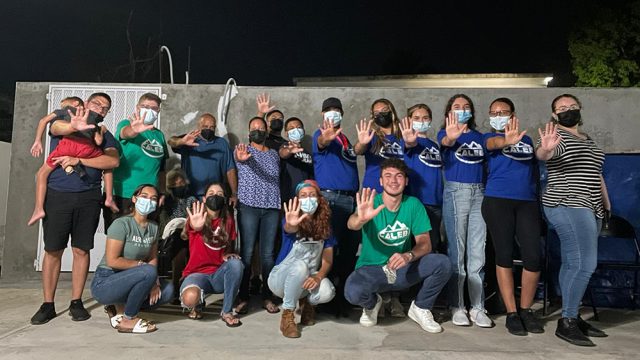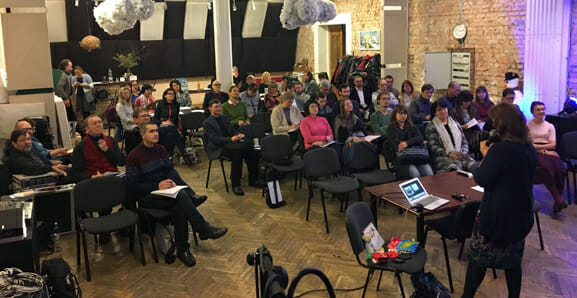A school that rescues girls from abuse is giving hundreds of them a new “lease to fly.”
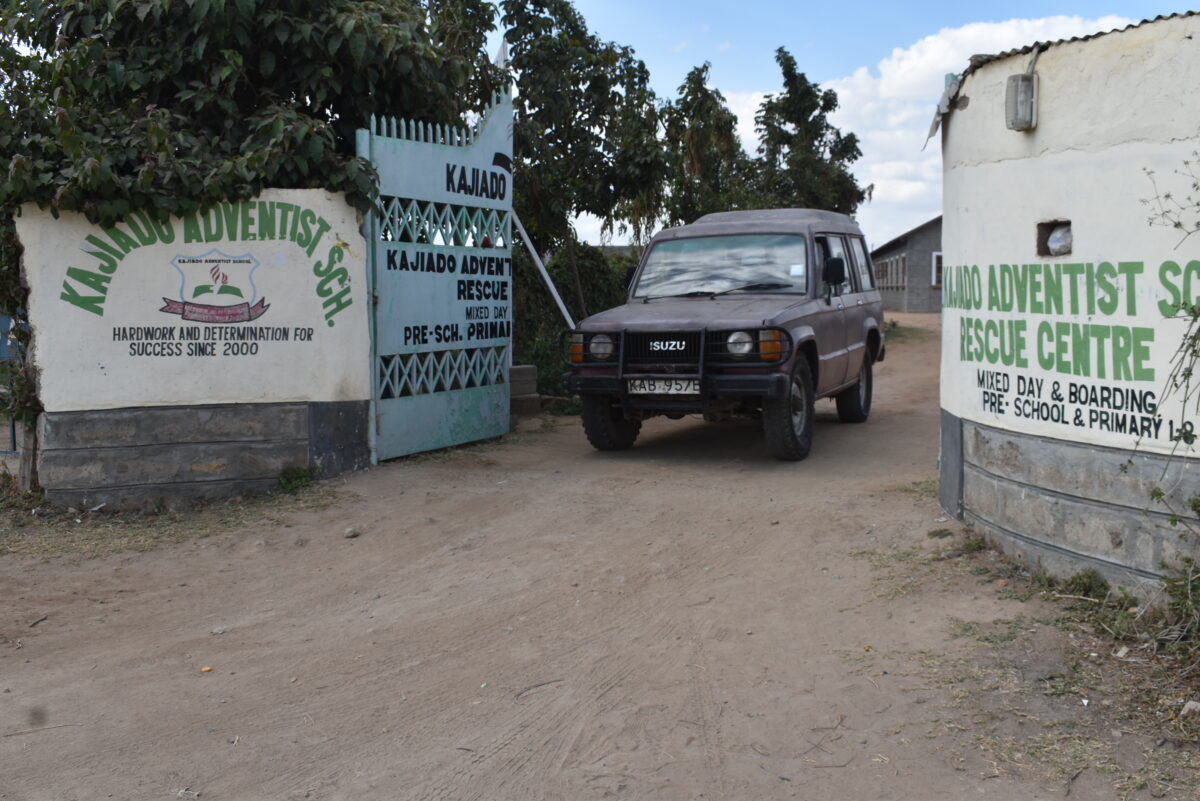
She escapes her family hut at 2:00 in the morning and starts walking in pitch-black darkness. She carries no food or water. She walks for hours, avoiding other huts or villages along the way. With the light of day, the 14-year-old will find a hiding place among some rocks, waiting for the sun to set before she starts to walk again.
Days earlier, her father has told her that an old man with three wives agreed to add her as his fourth wife in exchange for several cows. Her father has agreed to the deal, even though the man is nearly 70 years old and HIV positive.
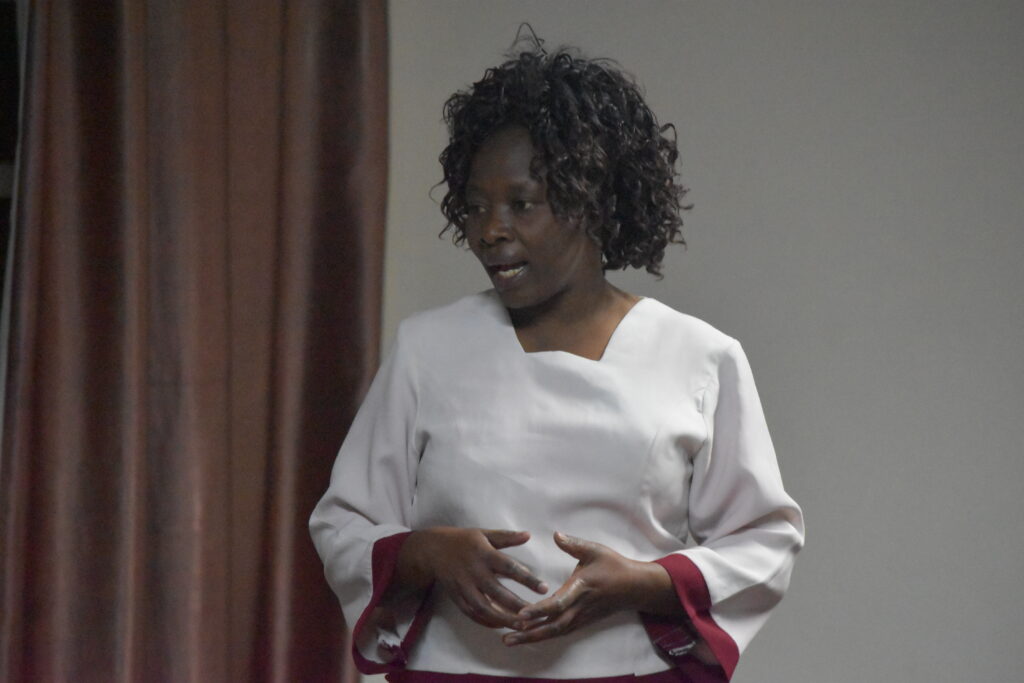
In her short life, the girl has had her share of pain. Like the recent night when she was grabbed and held tight by the wrists and ankles. After a relative filled her mouth with rags, she underwent female circumcision. Just one week later, as she is still healing, she is told that the old man is ready to proceed with the dowry deal.
It’s then that she decides to walk away in the middle of the night.
Somewhere, somehow, she’s heard that in the big town down from the hills, she can find a school that will save her from a life of misery. “Kajiado Adventist School,” she has been told. She has no idea where to find it and is afraid of asking, lest she is sent back to a place of abuse and danger.
Day after day she hides, night after night she walks. Sheer willpower and raw hope drive her to keep pushing forward. Finally, she makes it to town, and a good soul gives her precise directions. After the sun sets, severely dehydrated and almost passing out, the girl drags herself to Kajiado Adventist School’s metal gate. With her last strength, she knocks, hesitantly. As the security guards opens it, she collapses on the dusty ground.
A New Lease to Fly
This is the story of many Maasai girls in the Kajiado region of Kenya, although it is the story of no one girl in particular. It’s a composite of experiences that have been repeated hundreds of times since the Adventist school opened in 2000. With the arrival and support of Maranatha Volunteers International in 2018, the school has progressed by leaps and bounds.
On a particular night in July, Maranatha volunteers helping to finish two new buildings at Kajiado have gathered to listen to some of these stories as told by those who went through them.
Sometimes, the particulars of a rescue are not so dramatic, school principal Sophia Nyasani Bisonga explains as she introduces the students. It is the police that brings a girl to the school after arresting her father on the tip of a village chief. (In Kenya, early marriage and female genital mutilation are illegal, but the practice persists in many isolated and traditional communities.)
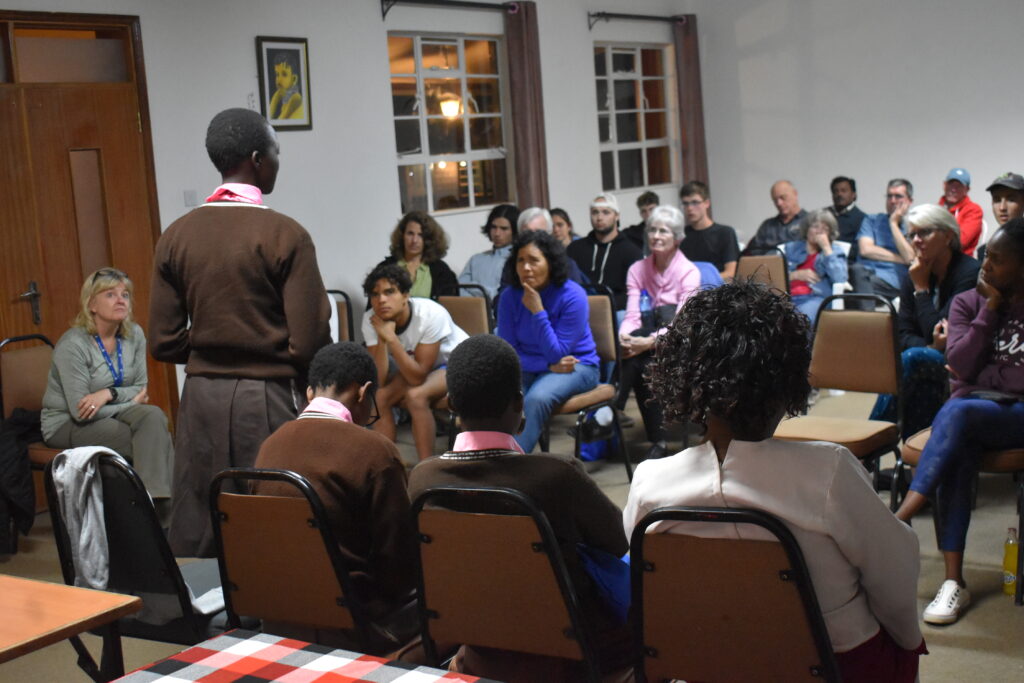
But no matter the process, every rescue has at least two things in common: a girl traumatized and abused, and the opportunity to be rescued, cared for, educated, and supported for her future, Nyasani Bisonga says.
The loss is significant for each one. Most rescued girls at Kajiado know they have lost their families for good. They cannot go back to their villages, where they would be killed.
At the school, they hardly ever talk about their trauma. It requires incredible fortitude to relive their ordeal in front of strangers. But those who manage to do it are encouraged to do so, as talking about it is part of their healing process, Maranatha leaders explain.
That evening, as three of the Kajiado girls tell their life stories, the Maranatha volunteers listen attentively, shocked by what they hear.
“I thank God Almighty and Kajiado Adventist School,” one of girls says after sharing her traumatic experiences in detail. “I am so happy here.”
By the end of the three girls’ testimonies, there’s hardly a dry eye in the room. A volunteer steps up and hugs the girls one by one. “I am so sorry for what you had to go through,” she tells them, mingling her tears with theirs.
Owning Their Future
In Kajiado, however, you are more likely to hear laughter than crying. It is a forward-looking, faith-building place.
In 2022, the school will hold its first 12th-grade graduation. One of the first girls rescued is now dean of the girls’ dorm. Lately, Kajiado has included some boys, who are helping change some of the perceptions and long-held traditions regarding the role of girls and women in society.
Ancestral traditions are hard to modify, but Kajiado Adventist School has led the way, showing that change is possible. One of the recent primary school graduations was attended by many guests, including the father of a girl who had run away from home years earlier. During the ceremony, the girl’s father requested to say a few words.
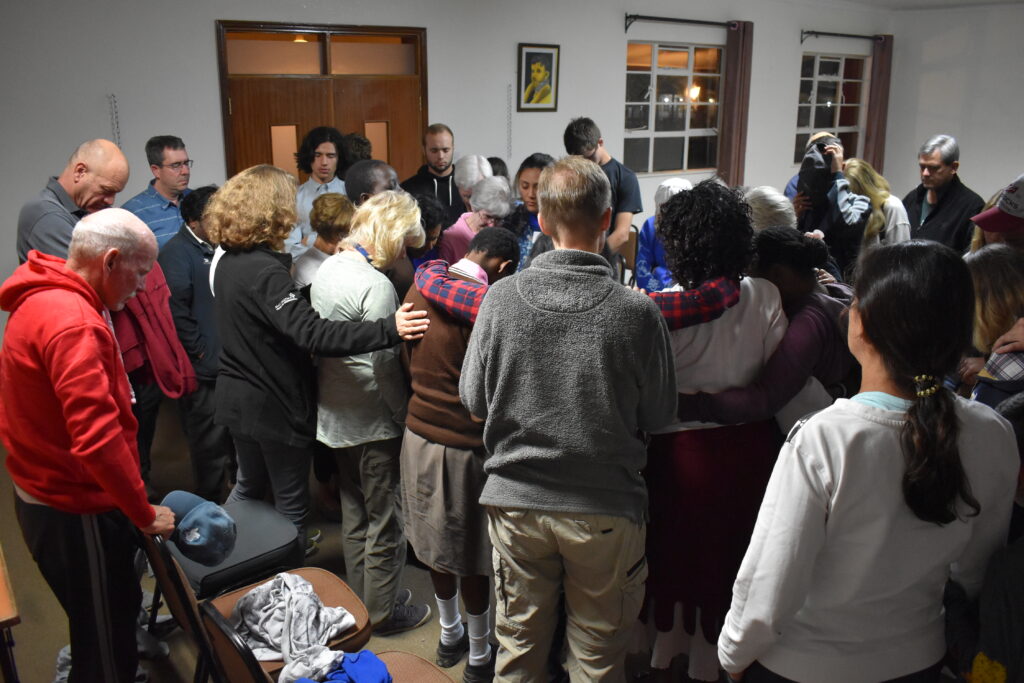
“I have been a stupid man,” the sorrowful man said. “But now I know better. Thank you.”
The school has begun to include some of the students from the surrounding community. Eager for their children to attend Kajiado, parents are selling cows — their most precious possession — to pay tuition. Those resources are helping Kajiado’s bottom line.
For the girls graduating and those coming after them, the future looks bright.
“You can’t change the past,” Nyasani Bisonga reminds the girls, “but you can own your present and future.”
You Can Do It!
A day later, an informal soccer match between Kajiado students and Maranatha’s younger volunteers takes place on the dusty field on campus. One of the girls tries her skills at the goalie position. After the match ends scoreless, players decide to settle by kicking three penalty shots.
As the Kajiado girl goalie waits for the shooter to take the third and final penalty, Nyasani Bisonga is standing, expectant, behind the net. “Come on, girl! You can do it!” she yells.
The male shooter kicks it hard to a corner. It looks like a superb shot. For a split of a second, it seems an easy score. But then, as if out of nowhere, the girl stretches one of her long Maasai legs and manages to move the ball away from the goal line.
It’s game over. The girl’s team has won. She turns and runs toward Nyasani Bisonga with arms pointing to the sky. They embrace tightly and stay that way for several seconds, basking in the student’s victory. It is a small, symbolic one, perhaps the first of many more life-changing achievements in her not-so-distant future.
There is power and grip in that embrace, and an unending source of determination. It is the same unbending determination that continues to lead teen girls to commit their future to the healing power of God and Adventist education.


